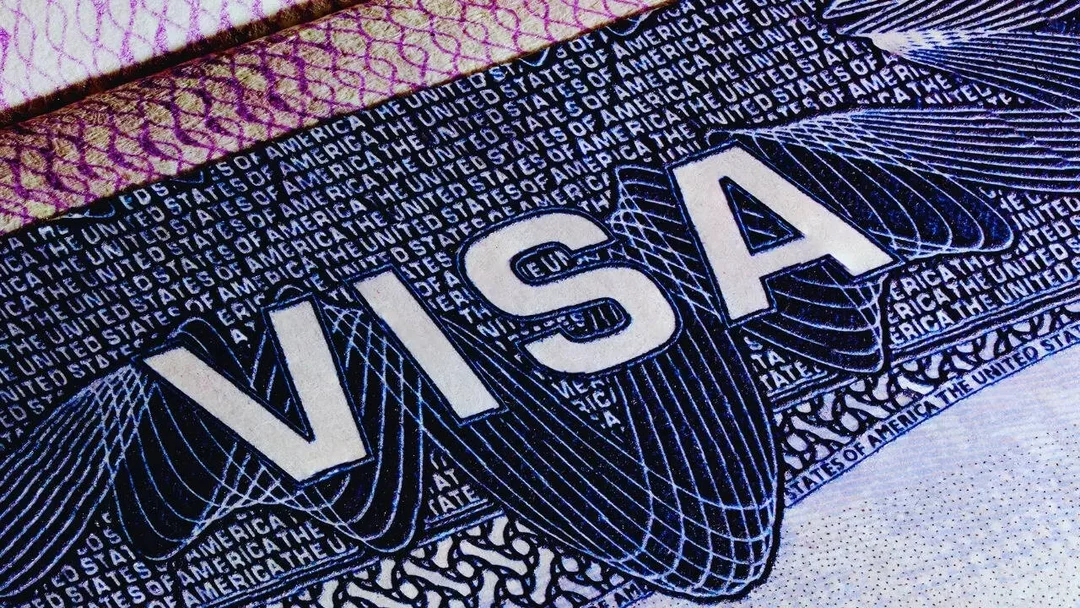
U.S. Launches Social Media Crackdown On Immigrants Over Alleged Antisemitism
The U.S. government has introduced an aggressive new policy to monitor immigrants’ social media accounts for signs of antisemitism, a move that immediately sparked controversy over free speech, privacy, and immigration rights. This sweeping surveillance program, targeting visa seekers and foreign students alike, highlights intensifying national security efforts amid rising global tensions—but raises fundamental questions about civil liberties.

Announced by the Department of Homeland Security (DHS), the initiative mandates immediate screening of social media posts by immigrants applying for permanent residency, foreign students, and affiliates of educational institutions. The official stance: root out terrorism supporters and those endorsing groups like Hamas, Hezbollah, Palestinian Islamic Jihad, or the Houthis. “There is no room in the United States for the rest of the world’s terrorist sympathizers,” declared DHS Assistant Secretary for Public Affairs Tricia McLaughlin. “We are under no obligation to admit them or let them stay here.”
At the core of this operation is a DHS task force leveraging advanced data analytic tools—honed further during the Biden administration but now turned towards policing online speech. These tools comb through an estimated 1.5 million foreign students’ social histories, flagging any activity perceived as inciting violence or supporting antisemitic terrorism. Visa approvals hinge on these assessments, with red flags forwarded from DHS to the State Department, which can revoke or deny visas and prompt deportation procedures via Immigration and Customs Enforcement (ICE).
The crackdown has already had impacts: nearly 300 international students reportedly had visas stripped in the last month alone, according to internal sources and media reports. Secretary of State Marco Rubio recently confirmed that his office was revoking visas “on a daily basis,” emphasizing that foreigners’ rights differ from those of American citizens and that visa issuance remains at his discretion.
Detractors, however, argue that this is less about security and more about silencing dissent and curbing free expression. High-profile arrests of pro-Palestinian activists, such as students Mahmoud Khalil and Rumeysa Ozturk—both deny allegations of antisemitism—galvanized criticism from rights groups. The Council on American-Islamic Relations condemned what they branded a “return to McCarthyism.” Edward Ahmed Mitchell, CAIR’s deputy director, said, “The spirit of Joseph McCarthy is alive and well in the Trump administration... pursuing witch hunts into American colleges and threatening immigrants’ free speech rights.”
Similarly, J-Street, a liberal Jewish-American group, warned the policy damages fundamental freedoms. “The fight against antisemitism won’t be advanced by attacks on 250-year-old cherished American rights like free speech,” stated President Jeremy Ben-Ami, noting rampant antisemitism even among some current administration appointees’ social channels.
While former Biden officials noted that previously these surveillance tools were only to target those inciting violence, today’s expanded scope includes broad scrutiny of political speech, raising civil liberties alarms. “When you advocate for violence and terrorism that privilege should be revoked,” DHS Secretary Kristi Noem reiterated, reinforcing the hardline stance.
The debate now intensifies: Is this necessary security screening or a dangerous precedent in policing political speech? As the government doubles down, the delicate balance between national security and freedom of expression comes sharply into focus in this new digital battleground.
What do you think? Does this protect Americans or threaten fundamental rights? Share your thoughts below.